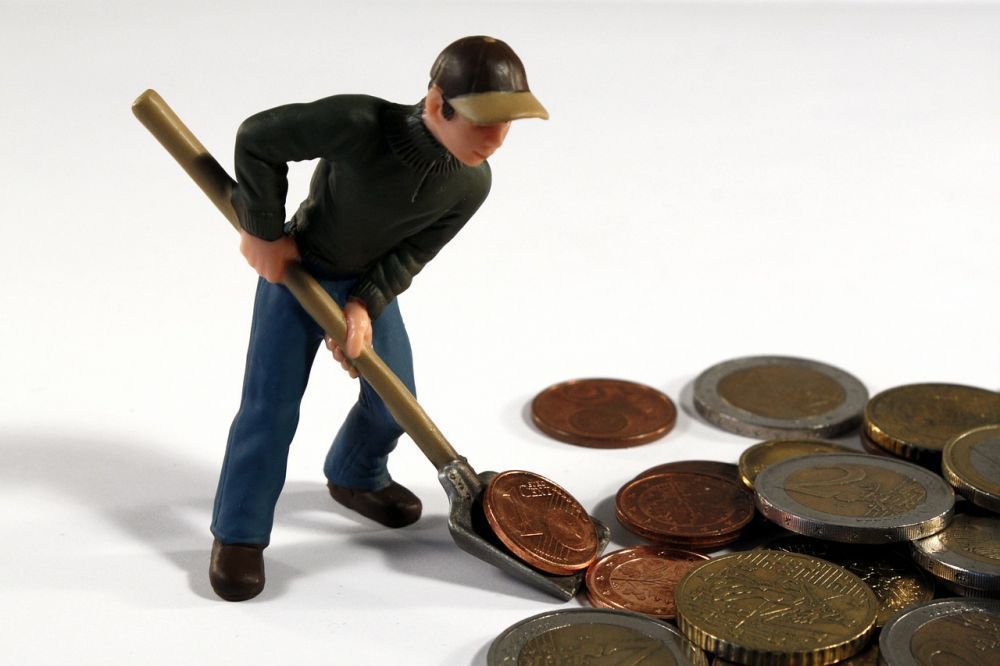
What Are Unknown Adverse Subterranean Conditions, and How Do They Affect the Price of a Fence?
When you get quotes for a fence, you might notice that some contractors exclude “unknown adverse subterranean conditions.” That’s quite a mouthful, but all it really means is that the fence contractor does not know what’s under the ground.
Here’s why that happens, and how you can prepare yourself for any additional costs that may result from this.
Why Do Fence Contractors Exclude Unknown Adverse Subterranean Conditions?
The first thing you should know is why fence contractors exclude unknown adverse subterranean conditions. The simple truth is that even when they have done a site visit, viewed the fence lines and made allowances for any obstacles and issues above the ground, they still don’t know what’s happening under the ground.
There’s no way that they can tell what’s there, and there are many things that could affect the installation of the fence, such as:
- Sewer lines or underground plumbing
- Buried concrete or hard rocks
- High water table
- Cables or gas lines under the ground
- Extremely sandy or loose soil that does not hold shape when excavated
All these things and more could mean that the contractor has to take extra steps and possibly provide extra labour and materials to get the fence done. If they had no way of knowing they would have this problem, they have no way of including it in their price.
How Could Problems Under the Ground Affect the Price of Your Fence?
The costs associated with dealing with adverse subterranean conditions when installing a fence vary according to the problem. Some of the solutions your fence contractor might propose include:
- Coring into rock or concrete if they are too large to remove
- Redirecting the fence line to avoid underground services
- Hand digging holes or using a method like hydrovac to remove soil without damaging services
- Changing the location of fence posts to avoid underground services
- Changing a section of fence to a different installation method
- Using alternative footings like screw piles for sites with a higher water table
The solutions to problems under the ground will vary based on the problems your fence contractor encounters. It also depends how much of your site is affected. If it’s an isolated problem, it might not be that big of a cost. If it’s a problem everywhere, it could make your fence a lot more expensive.
How Should a Contractor Handle Unknown Adverse Subterranean Conditions?
If your fence contractor encounters anything on a project that might affect your fence cost, they should contact you immediately to discuss the implications and your options.
This is true for any problem they find on site that might affect the project cost or timeline.
They will probably ask you to come to the site and view the problem, and then, depending on what you choose to do, they will calculate the extra costs to implement the specification change to handle the problem.
Most contractors will not proceed with your fence installation until the negotiation is complete, and you have agreed on the extra cost and other implications.
How Can You Avoid Extra Costs for Unknown Adverse Subterranean Conditions?
If you want to avoid extra costs for unknown adverse subterranean conditions, there are a few things you can do, such as:
- If you know they might have to do things like coring in some places, ask for a price per cored hole when you get your quote – then you can estimate what the extra cost will be
- Get a plan of the underground services on site if you can, or have someone do service location – they’re not always exact, but they can tell fence contractors where they are likely to have problems, and that should allow them to build extra costs into their price
- Get a geotechnical survey with several cores along the fence line – this will tell contractors what kind of soil they are dealing with, and that means they can make allowances in their pricing
- Investigate the water table on site, and provide the information to contractors
While fence contractors cannot make allowances for underground conditions they don’t know about, if you provide them with information about what to expect ahead of quoting, they can build those costs into their quotation. Or, at the very least, they can provide rates for various scenarios if they have to take action to avoid those problems.
This is the best way to make sure that you don’t have too many surprise costs related to underground conditions. It’s not perfect, and there might still be one or two issues, but it should lower the number and type of fence price surprises you get.
What About Homeowners?
If you’re a homeowner looking for a residential fence installation, find out if there’s a “click before you dig” service in your area. These services are often free and send a person out to locate underground services along your fence line. They will usually provide you with a diagram showing all the services that are near or cross your fence line, and they will usually install flags to mark them.
These kinds of services are often provided free because they make it easier and safer for contractors and DIYers to dig holes for fences and other structures.
More Information Is Always Better
The most important thing to remember is that when you are getting fence quotes from contractors, the more information you can give them, the more accurate the quote will be.
So, if you want an accurate fence price, make sure you gather as much information as you can before you ask for quotes – and remember that even things you can’t see could affect your fence cost.

